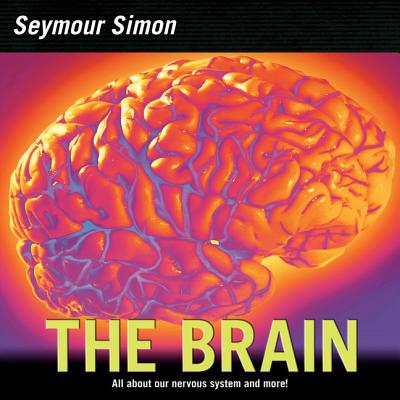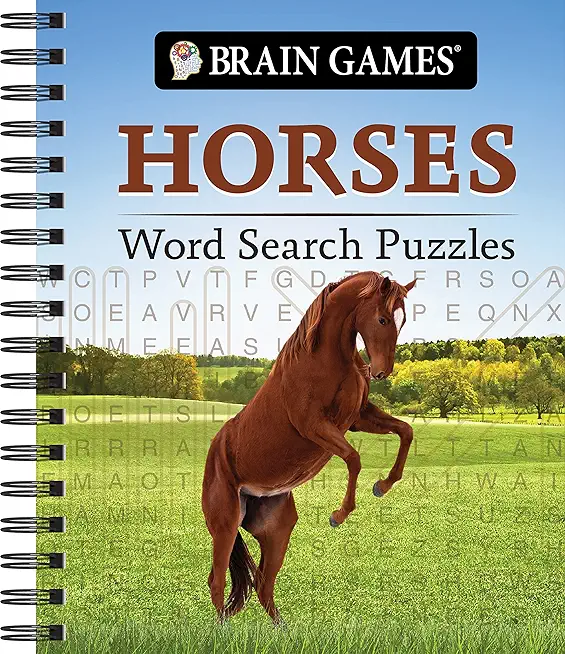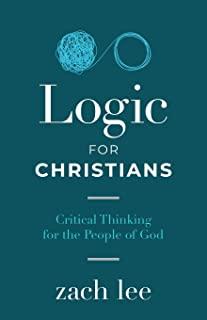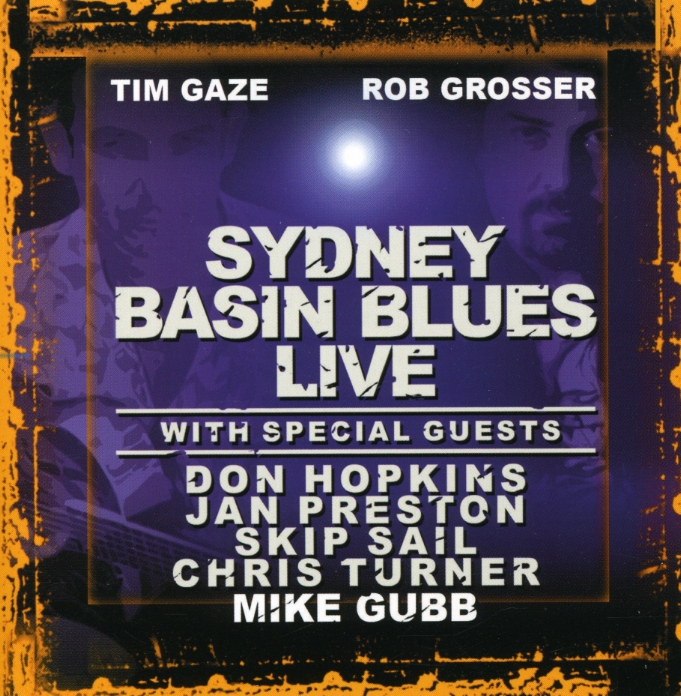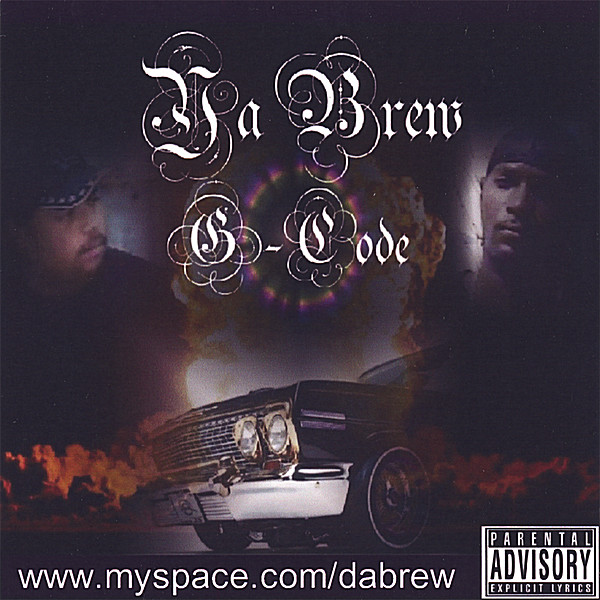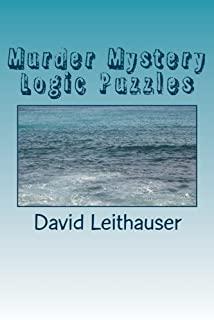
description
3This is a book of 75 logic puzzles in the form of murder mysteries. The format is to provide the description of the murder and the clues, then on the next page, provide the solution. Here is a fairly hard sample puzzle, taken from later in this book: Six men whose names are Larry Alberts, Fred Fox, Brian Davis, Jim Martin, John Stevenson, and Marty Graig were in an elevator together. Suddenly, the lights went out. When the lights came back on, Larry Alberts was found stabbed. Other detectives have investigated. They have questioned the suspects, the witnesses, and people who know the suspects. They have collected physical evidence (hair samples, fiber samples, etc.) from the crime scene. They have collected 14 clues, but have not been able to solve the crime. Therefore, they have called in the world's greatest detective, YOU. You must now examine the clues and solve the murder. No two suspects have the same color shoes, hair color, color umbrella, color car, or weight. The suspect who was wearing white shoes has blond hair. John Stevenson was wearing red shoes. Brian Davis has red hair. The suspect who has black hair owns a black car. The suspect who owns a silver car has blond hair. The suspect who owns a blue car was wearing blue shoes. Fred Fox was wearing blue shoes. The suspect who was carrying an orange umbrella is not the one who has no hair. The suspect who was wearing brown shoes is not the one who owns an orange car. The suspect who was wearing white shoes weighs 170 pounds. Jim Martin weighs 220 pounds. Marty Graig was carrying a purple umbrella. The suspect who was wearing tan shoes has black hair. The murderer owns an orange car. There are 7 chapters in this book. Chapter 1 has REALLY easy puzzles just to get you started. Chapter 2 has slightly harder puzzles, and chapters 3 through 5 get progressively harder. Chapter 6 has puzzles of all five difficulty levels, mixed together randomly, so you do not know how hard the puzzles you are solving will be. This can actually be harder than solving a puzzle that you know is considered a hard one, because you do not know how complex your logic must be. In all, there are 75 of these logic puzzles in this book. In chapter 7, I added four cryptograms just to provide you with a change of pace.
member goods
No member items were found under this heading.
Return Policy
All sales are final
Shipping
No special shipping considerations available.
Shipping fees determined at checkout.
